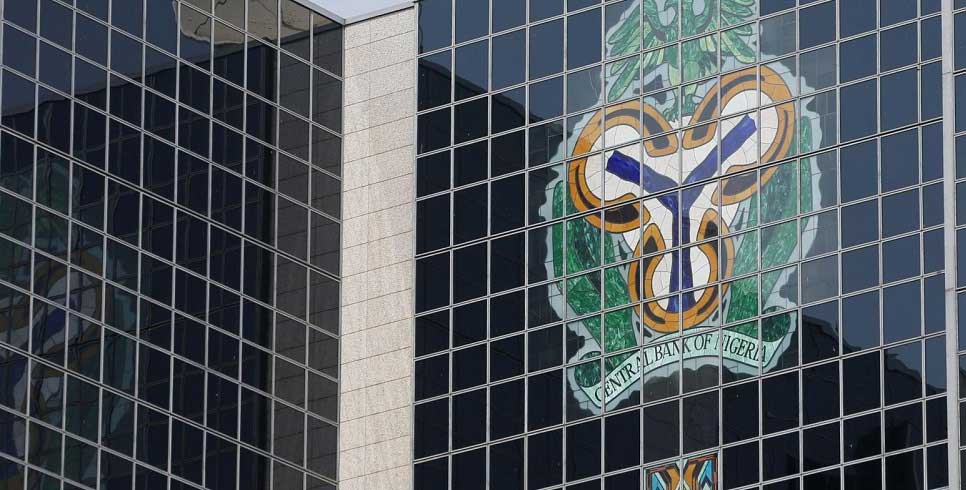
Apex bank clarifies capital computation rules after regulatory confusion delays earnings releases
The Central Bank of Nigeria (CBN) has released a new directive defining how banks and Financial Holding Companies (HoldCos) must calculate their minimum paid-up capital, ending weeks of uncertainty that slowed the publication of several lenders’ half-year and nine-month financial results.
In a circular dated November 14, 2025, the apex bank stated that minimum paid-up capital, as referenced in Section 7.1 of the 2014 Guidelines for Licensing and Regulation of Financial Holding Companies must be computed strictly as the par value of issued shares plus any share premium arising from their issuance.
The clarification takes immediate effect and overrides all previous interpretations.
CBN’s Position
According to the circular:
- “Minimum paid-up capital shall be the aggregate of the par value of issued shares and any share premium arising from their issuance.”
- All HoldCos must apply this definition when computing their minimum capital requirement, including that of their subsidiaries.
- Any prior computation model contradicting this definition “should be discontinued forthwith.”
The new guidance was issued following widespread confusion across the sector. Some institutions had treated minimum capital as paid-up capital without share premium, while others included retained earnings and various reserves, leading to inconsistencies during regulatory reviews and delays in financial filings.
Impact on HoldCos and Dividend Plans
The the clarification was especially crucial for HoldCos, which are required to maintain issued share capital greater than the combined capital of their subsidiaries.
Failure to meet this requirement can affect dividend approvals, restructuring plans, and the ability to upstream profits from subsidiaries.
The new definition limiting minimum capital to issued share capital plus share premium means HoldCos that previously relied on reserves or retained earnings to meet the threshold may now need to adjust their capital structures.
Clarification Comes Amid Recapitalisation Drive
The directive arrives as banks continue working toward the CBN’s new recapitalisation targets, which require institutions to significantly boost their capital bases over the next two years.
By standardizing the definition of minimum capital, the CBN aims to prevent reporting discrepancies and strengthen its consolidated supervisory oversight, ensuring that HoldCo-level capital reflects actual shareholder contributions rather than accounting adjustments.
FUGAZ Banks: Updated Capital Positions
Based on the clarified computation, Nigeria’s five largest banking groups known collectively as FUGAZ report substantial capital buffers driven largely by share premiums:
- First HoldCo: ₦20.94bn share capital + ₦377.10bn premium = ₦398.04bn
- UBA: ₦20.52bn share capital + ₦329.56bn premium = ₦350.08bn
- GTCO: ₦18.21bn share capital + ₦489.37bn premium = ₦507.58bn
- Access Holdings: ₦26.66bn share capital + ₦568.24bn premium = ₦594.90bn
- Zenith Bank: ₦20.54bn share capital + ₦594.11bn premium = ₦614.65bn, the highest among the group.
What Comes Next
Banks and HoldCos must now recalculate their capital positions in line with the new directive and reflect the updated figures in upcoming filings.
Sources indicate that additional guidance may follow as part of the broader recapitalisation programme.
The CBN expects the clarification to streamline reporting, reduce regulatory disputes, and speed up the release of delayed financial statements across the banking industry.



